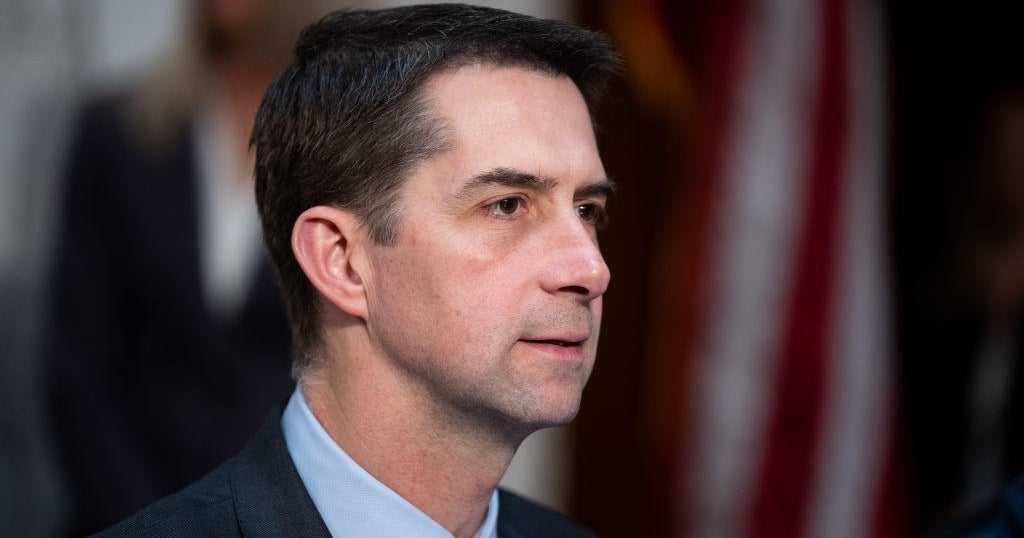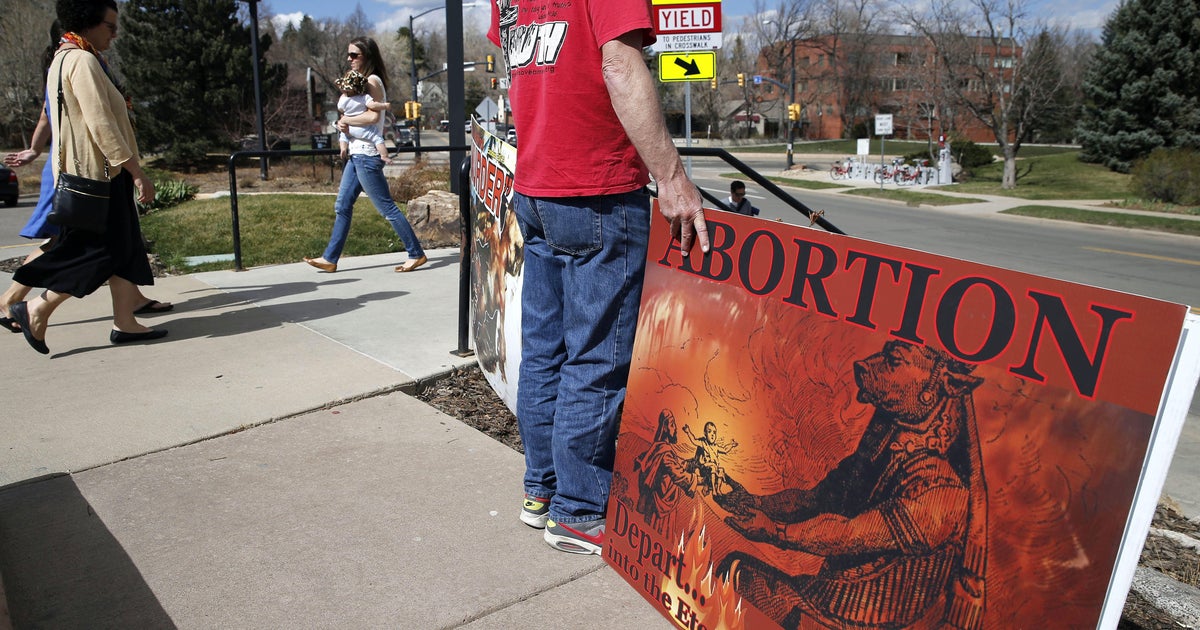Two Oath Keepers Sentenced for Roles in Jan. 6 Seditious Conspiracy

Two Oath Keepers militia members convicted of seditious conspiracy were sentenced to several years in prison on Thursday for their roles in a violent plot to disrupt the transfer of presidential power on Jan. 6, 2021.
Sentences for the two members, Roberto Minuta and Edward Vallejo, were handed down at back-to-back hearings in Federal District Court in Washington. Mr. Minuta, a tattoo artist from New York and Texas, was given a sentence of four and a half years. Mr. Vallejo, a retired military veteran from Arizona, received a term of three years in prison, plus one year in home confinement.
The sentences came one week after the Oath Keepers leader, Stewart Rhodes, received an 18-year prison term for seditious conspiracy in a separate trial. Kelly Meggs, one of Mr. Rhodes’s lieutenants who was found guilty of the same offense, was sentenced to 12 years in prison.
In January, Mr. Minuta and Mr. Vallejo were found guilty of seditious conspiracy and other serious felonies at a trial with two other members of the Oath Keepers, Joseph Hackett and David Moerschel. Mr. Hackett and Mr. Moerschel are scheduled to be sentenced on Friday.
Judge Amit P. Mehta, who has presided over the Oath Keepers trials, determined that the sentences for Mr. Minuta and Mr. Vallejo should be increased slightly to reflect crimes considered acts of terrorism.
But the judge said the relatively light sentences, much lower than a few other individuals who were not charged with conspiracy in connection with the Jan. 6 riot at the Capitol, were sufficient given the two men’s minor roles in the organization.
Mr. Vallejo was not at the Capitol on Jan. 6, but had instead installed himself in a hotel room in Virginia, prosecutors said, where he helped oversee an arsenal of heavy weapons as part of what the Oath Keepers called a “quick reaction force.” At trial last year, a former member of the group, Terry Cummings, testified that the stash of weapons Mr. Vallejo was overseeing was the largest collection of guns he had seen in one place since his time in the miliary.
As the chaos erupted at the Capitol, prosecutors said, Mr. Vallejo sent messages to his fellow Oath Keepers breaching the building, reminding them that his armed force was “outfitted” and to “just say the word” to launch it into action with two trucks he had kept on standby.
One day after the attack, he traveled into Washington to conduct surveillance and “probe the defense line” of law enforcement at the Capitol, prosecutors said.
“Jan. 6 was not enough for him, and that should chill the court,” Louis Manzo, a prosecutor, said on Thursday. “He wanted more.”
At times breaking into tears, Mr. Vallejo told Judge Mehta that his membership in the group had destroyed his life during his twilight years.
“I wish I never associated myself with Stewart Rhodes,” he said.
Mr. Minuta, who was sentenced earlier in the day, also drew a sharp distinction between himself and Mr. Rhodes.
Prosecutors argued that Mr. Minuta was among a group of Oath Keepers who were serving as bodyguards on Jan. 6 for Roger J. Stone Jr., a longtime adviser to former President Donald J. Trump. But he and the others answered Mr. Rhodes’s call to descend on the Capitol, racing around law enforcement on golf carts and forming a military-style “stack” while sporting tactical gear.
“I disavow the Oath Keepers as an organization; I was misled and naïve,” Mr. Minuta said. “I’m repulsed by Mr. Rhodes’s lack of remorse.”
Mr. Minuta’s lawyer, William Shipley, called Mr. Rhodes a “parasite” who marketed the group to politically disaffected people while using the Oath Keepers’ activities to generate income. He described Mr. Minuta as a peripheral member with few connections in the group, and a “doctrinaire libertarian” who had gravitated toward Mr. Rhodes’s charismatic personality in a moment of political anxiety and frustration with pandemic lockdowns.
At the hearing, Judge Mehta said Mr. Minuta’s frequent public predictions of a looming civil war, in which he repeatedly expressed a willingness to die fighting, left little doubt that he came to Washington prepared for violence.
“Steeping yourself and cloaking yourself in this tradition of the founders and violent uprising and believing the Second Amendment allows individual citizens to gather up arms to battle their government?” Judge Mehta said. “The law doesn’t permit that.”
World News || Latest News || U.S. News
Source link



